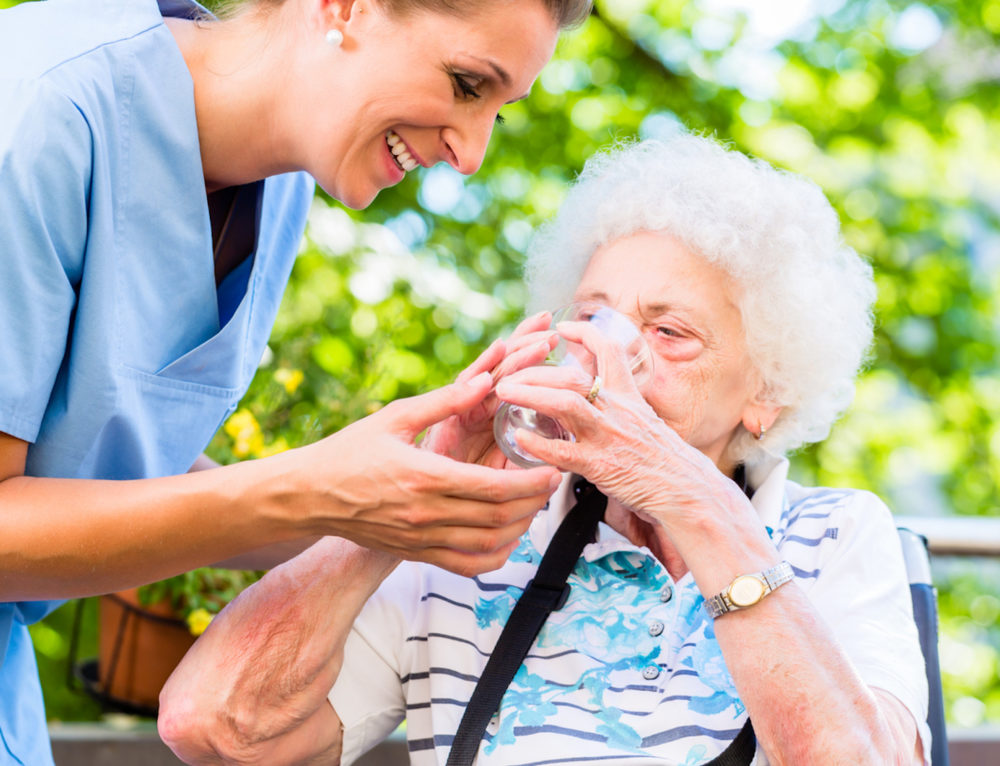As seniors, enjoying the outdoors and staying active is important for our physical and mental well-being. However, as the temperature rises during hot weather, it’s crucial to take precautions to prevent heat-related illnesses. Older adults are more susceptible to heat stress and heat-related illnesses, so it’s essential to stay informed and take steps to stay safe in the heat. In this article, we’ll discuss tips for seniors to prevent heat-related illness during hot weather.
Why Seniors are at Risk
As we age, our bodies become less efficient at regulating temperature, making us more vulnerable to heat-related illnesses. Additionally, certain medications, chronic health conditions, and reduced mobility can further increase the risk. Understanding these risks can help us take appropriate precautions to stay safe in hot weather.
Common Heat-related Illnesses
Heat-related illnesses range from mild heat cramps to severe conditions like heat exhaustion and heatstroke. Recognizing the signs and symptoms of these illnesses is essential for early intervention and treatment.
1. Heat Cramps
- Symptoms: Muscle cramps, pain, or spasms, usually in the legs or abdomen.
- Treatment: Move to a cooler place, rest, and drink fluids to rehydrate. Gentle stretching may also help relieve muscle cramps.
2. Heat Exhaustion
- Symptoms: Heavy sweating, rapid heartbeat, dizziness, fatigue, nausea, and headache.
- Treatment: Move to a cooler place, rest, drink fluids, and apply cool compresses or take a cool shower. If symptoms worsen or don’t improve, seek medical attention.
3. Heatstroke
- Symptoms: High body temperature (above 103°F), hot and dry skin (no sweating), rapid heartbeat, confusion, unconsciousness, and seizures.
- Treatment: Heatstroke is a medical emergency. Call 911 immediately. While waiting for help, move to a cooler place, remove excess clothing, and apply cool compresses or immerse in cool water if possible.
Tips for Preventing Heat-related Illness
Now that we know the risks and symptoms of heat-related illnesses, let’s discuss practical tips to prevent them:
1. Stay Hydrated
- Drink plenty of fluids throughout the day, even if you’re not thirsty. Water is best, but you can also drink electrolyte-rich beverages to replace lost salts and minerals.
2. Dress Appropriately
- Wear lightweight, loose-fitting, and light-colored clothing to help reflect sunlight and heat.
- Use a wide-brimmed hat and sunglasses to protect your head, face, and eyes from direct sunlight.
3. Stay Cool Indoor
- If possible, stay indoors during the hottest parts of the day (typically 10 a.m. to 4 p.m.).
- Use air conditioning or fans to cool your home. If you don’t have air conditioning, consider visiting public places with air conditioning, such as shopping malls, libraries, or community centers.
4. Plan Outdoor Activities Wisely
- If you need to be outdoors, plan activities for the early morning or evening when temperatures are cooler.
- Take frequent breaks in shaded or cool areas, and avoid strenuous activities during peak heat hours.
5. Use Sunscreen
- Apply sunscreen with an SPF of 30 or higher to protect your skin from harmful UV rays, even on cloudy days.
6. Be Aware of Medication Side Effects
- Some medications can increase the risk of heat-related illnesses by affecting your body’s ability to regulate temperature or by causing dehydration. Talk to your doctor or pharmacist about your medications and any potential side effects in hot weather.
7. Check on Loved Ones
- Regularly check on elderly family members, friends, or neighbors, especially those who live alone or have chronic health conditions. Offer assistance if needed and make sure they are staying cool and hydrated.
Conclusion
Preventing heat-related illness is crucial for seniors, especially during hot weather. By staying hydrated, dressing appropriately, staying cool indoors, planning outdoor activities wisely, using sunscreen, being aware of medication side effects, and checking on loved ones, we can enjoy the summer months safely.
Remember, it’s always better to be proactive and take precautions to prevent heat-related illnesses than to wait until symptoms occur. By following these tips and staying informed, we can stay healthy, active, and enjoy the summer weather without putting our health at risk. Stay cool, stay hydrated, and stay safe!

